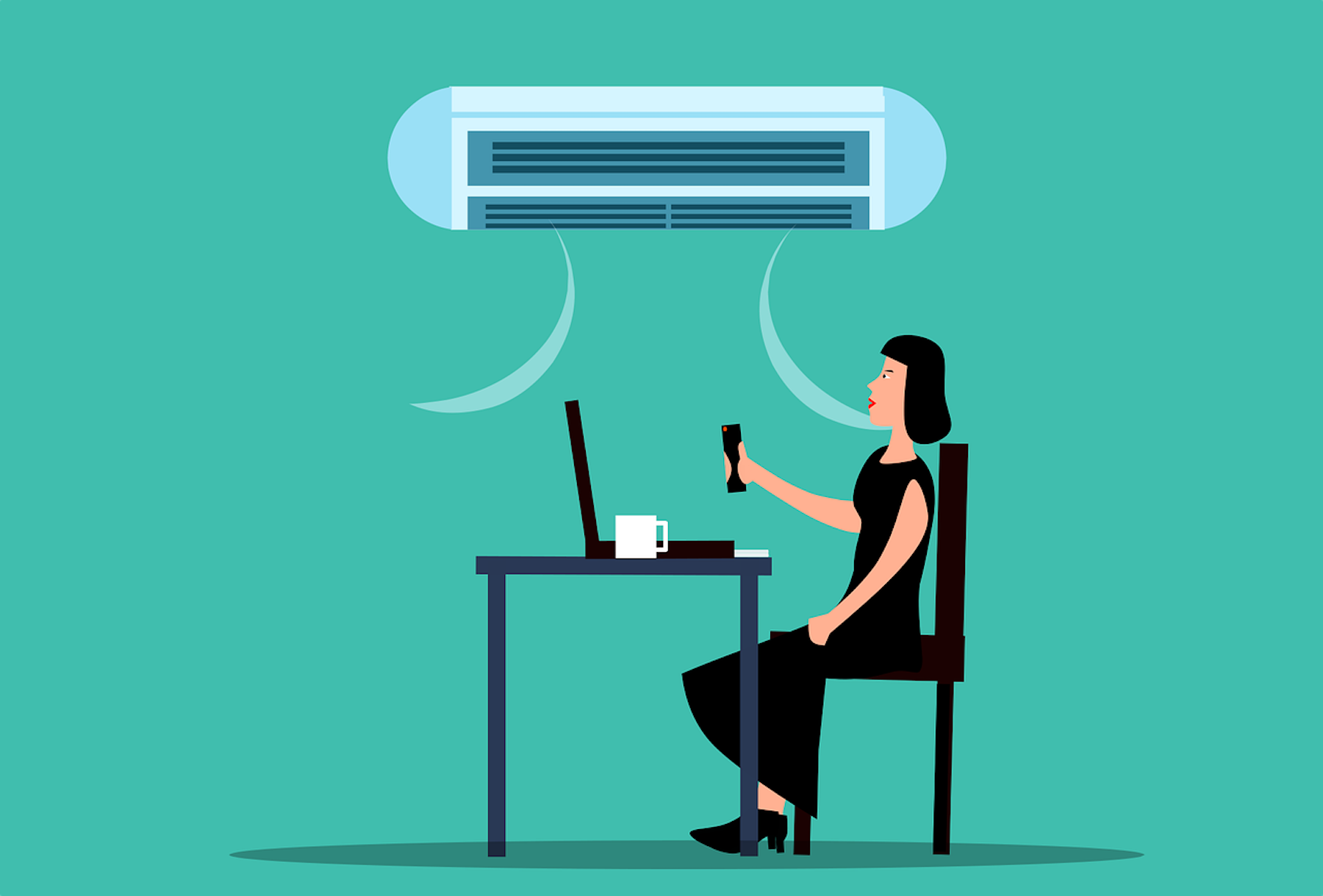The Biden Administration recently launched the Clean Air in Buildings Challenge that calls on all building owners and operators, schools, colleges and universities, and organizations to adopt strategies to improve indoor air quality in their buildings and reduce the spread of COVID-19.
In conjunction with that announcement, the Environmental Protection Agency (EPA) published a best practices guide for improving indoor air quality and reducing the risk of spreading dangerous airborne particles. The guide, developed in collaboration with the Department of Energy, Centers for Disease Control and Prevention, and other federal agencies, contains a set of recommendations organized into four groups:
- Create a clean indoor air action plan that assesses indoor air quality, plans for upgrades and improvements, and includes HVAC inspections and maintenance.
- Optimize fresh air ventilation by bringing in and circulating clean outdoor air indoors.
- Enhance air filtration and cleaning using the central HVAC system and in-room air cleaning devices.
- Engage the building community by communicating with building occupants to increase awareness, commitment, and participation.
Under these recommendation areas, EPA’s best practices guide lays out actions building owners and operators can implement. The guide offer a menu of improvements and includes quick steps that organizations can take right away as well as resources to help plan for longer-term investments and improvements.
Related Stories
| Oct 20, 2011
New York City moving to speedier, online design reviews
New York City is moving towards a development design review process that will let officials and developers review blueprints for new projects online in a virtual conference room rather than in person.
| Oct 6, 2011
Roofers critical of new OSHA harness rules
Roofers say a new OSHA rule requiring all residential roofers to wear a safety harness makes workers less safe, and is causing lost business for those who comply with the rule.
| Oct 6, 2011
Florida county proposes saving on construction costs by trumping city regulations
This summer, Pinellas County, FL wanted to save money on an $81 million public safety complex in Largo by using the county’s own building regulations and permit fees, not the city’s more expensive fees.
| Sep 30, 2011
IRS Releases New Rule On Reclassifying Independent Contractors
The Internal Revenue Service (IRS) has a new Voluntary Classification Settlement Program that allows an employer to reclassify independent contractors as employees if those workers previously were misclassified.
| Sep 29, 2011
Illinois Grapples With Definition of ‘Clean’ Construction Debris
The Illinois Pollution Control Board holds hearings this week about construction debris rules proposed by the state Environmental Protection Agency.
| Sep 1, 2011
EPA Says Additional Lead Paint Cleaning Rules Not Necessary
The EPA has concluded that current Lead: Renovation, Repair, and Painting Program (LRRP) cleaning requirements and lead-safe work regulations are sufficient to protect the public from lead dust hazards. “Our members have been instrumental in contacting legislators to detail the detrimental impact of the current LRRP," says Richard Walker, American Architectural Manufacturers Association’s president and CEO. “This collective industry voice has prompted the EPA to make the responsible decision to refrain from adding further, unnecessary costs to homeowners under the current economic climate."http://www.aamanet.org/news/1/10/0/all/603/aama-commends-its-members-congress-for-vacating-lrrp-clearance-rule
| Aug 11, 2010
Best AEC Firms of 2011/12
Later this year, we will launch Best AEC Firms 2012. We’re looking for firms that create truly positive workplaces for their AEC professionals and support staff. Keep an eye on this page for entry information. +







